It’s the kind of story that sparks headlines, shares, and maybe even a few tears—but beneath it all is a bitter truth: no child should have to be humiliated to get a meal.
Sixteen-year-old Dominic Gant was looking forward to lunch like any other student at Dowagiac Union High School in Michigan. But when he reached the cafeteria line, he was stopped cold. He had a $5 overdue balance on his account, and cafeteria staff refused to let him eat. He offered the $2 he had, promising to bring the rest later, but they weren’t interested. Instead, they took the lunch tray right out of his hands and tossed it in the trash.

"It was really embarrassing," Dominic told CNN. "Especially because it happened in front of the entire lunch room, the whole classroom. (They) took my plate away, saying I didn't have enough (money) to eat today."
"They took my plate away, saying I didn't have enough (money) to eat today."
— Dominic Gant
Dominic went the rest of the day hungry, humiliated, and angry. When his mother, Amanda Keown, picked him up from school and heard what had happened, she was stunned. And furious.
One mom's powerful response
“I was so appalled that he was denied lunch and had his lunch taken out of his hands over five bucks,” she told NPR. “He was embarrassed. He was also hungry! And I was very, very mad.”
But instead of just venting on social media or demanding an apology, Amanda took action. She marched to the school and paid off not just her son’s balance, but the outstanding debts of 18 other students—$60 total. Just like that, 19 kids no longer had to worry about whether they'd be fed.
"I don't want another kid to go through what my son went through."
— Amanda Keown
“I realize that I don't have to do it,” she said. “But I don't want another kid to go through what my son went through.”
Online reaction and systemic frustration
Amanda’s kindness made national headlines and inspired online praise. But plenty of people couldn’t shake the same question: Why is this even happening in the first place?
The school district’s superintendent, Mark Daniel, said the cafeteria worker responsible was employed by an outside food service company, not the school itself. He issued a public statement expressing regret over the incident, insisting that the district was a “compassionate and caring” one where “every student matters.”
And yet, it’s hard to square that sentiment with the idea of a hungry child being denied food—and then publicly shamed for it.
When CNN covered the story and shared it on YouTube, the reaction was swift. One user, @CommunityUUG, wrote:
"Don't give it to him and then take it away to put it in the trash."
— @CommunityUUG
Another commenter, @HuimisKiss, was stunned that this could even happen in a country as wealthy as the U.S. “Are you seriously trying to say that in the U.S., pupils must PAY for their school lunches? I have NEVER paid anything for going to school/university... Everything is paid with taxes. Actually, I got PAID to go to college. The student allowances. That's one of the biggest reasons people pay taxes! To get free education for everyone!”
Fixing what should never be broken
In countries like Finland, France, or Sweden, the idea of a child being denied food at school is unthinkable. But in the United States, school lunch debt has become so widespread that it’s sparked its own cottage industry of fundraising campaigns. Parents, teachers, and even strangers sometimes step in to erase debts so that kids don’t face “lunch shaming”—a term that shouldn’t exist, but does.
In recent years, lawmakers have pushed to eliminate school lunch debt altogether. Programs during the pandemic provided universal free meals in schools across the country, but those provisions have largely expired. As of 2023, only a handful of states—including California, Maine, and Colorado—have passed laws to make school meals free for all students.
The rest of the country remains patchwork—and in that gap, kids like Dominic get caught. It shouldn’t be up to parents like Amanda to clean up a broken system. Her generosity is admirable. But the fact that she had to be generous at all is the real problem.
If you’re frustrated by this story, you’re not alone. And you can take action. Groups like School Meals for All and Feeding America are pushing to ensure that no child has to go hungry during the school day. Supporting local food banks, contacting lawmakers, and advocating for universal school meals can make a difference.
Because no student should have to trade their dignity for a slice of pizza.





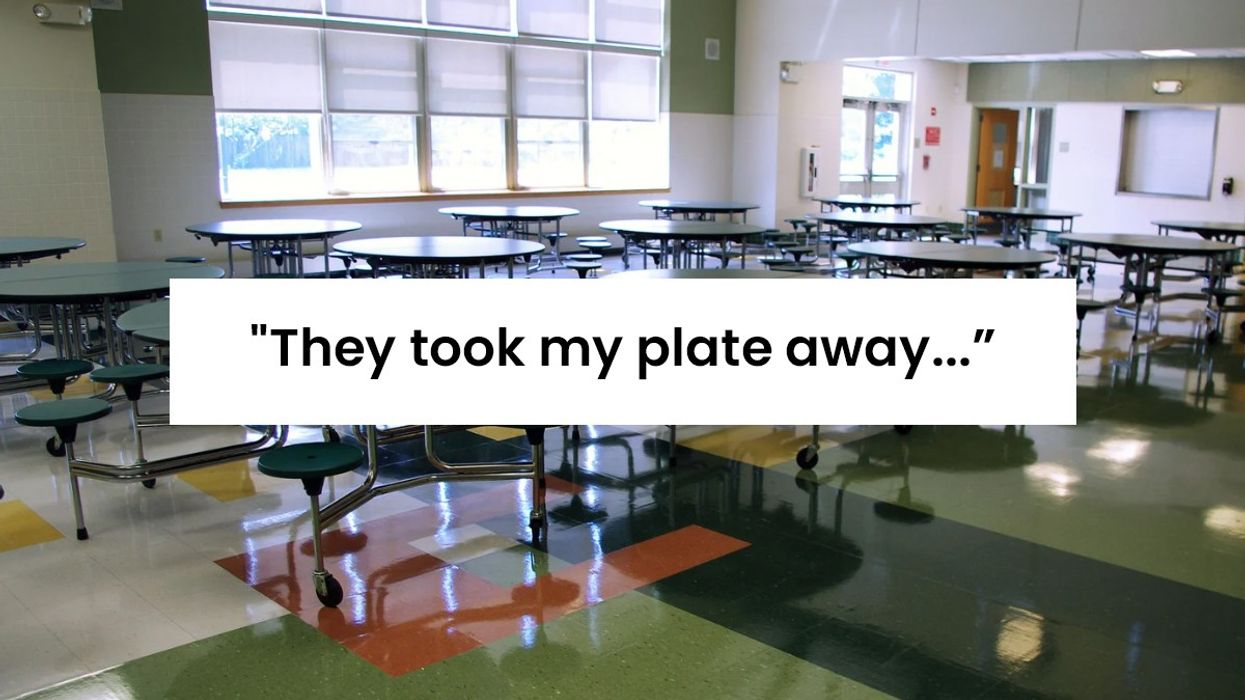






 It wasn't even February, so she wasn't expecting what came next.
It wasn't even February, so she wasn't expecting what came next.  The hug came first, the 'yes' took a few moments more.
The hug came first, the 'yes' took a few moments more. 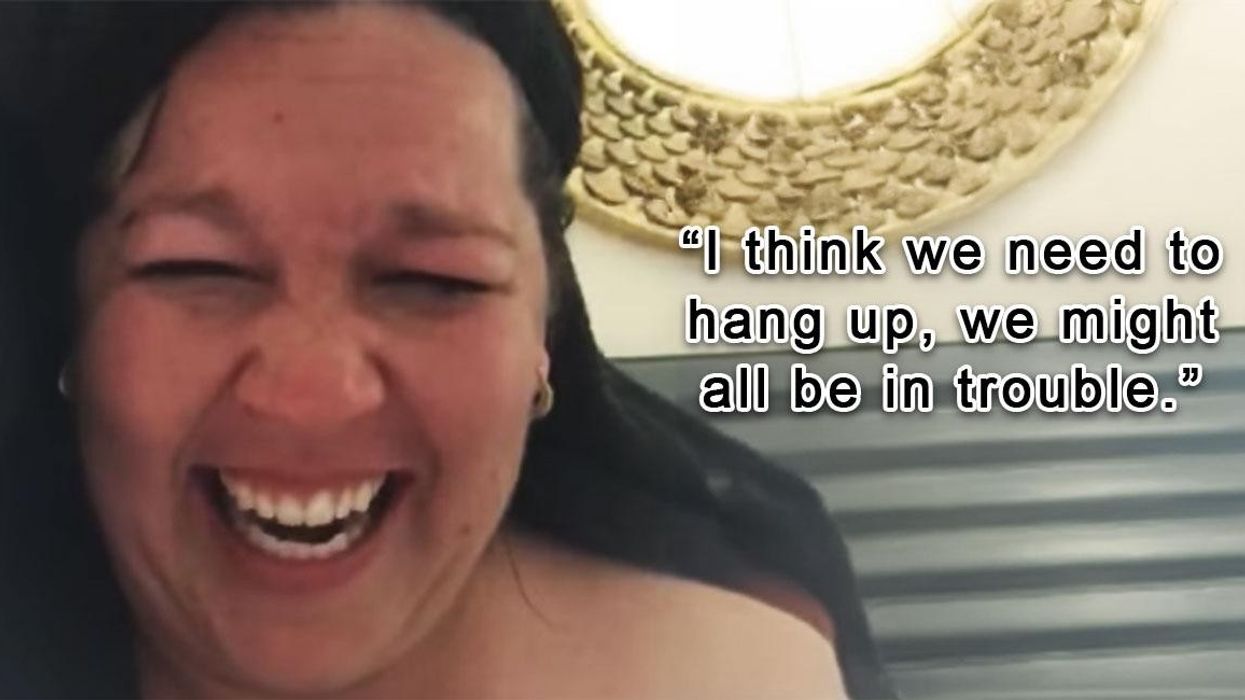





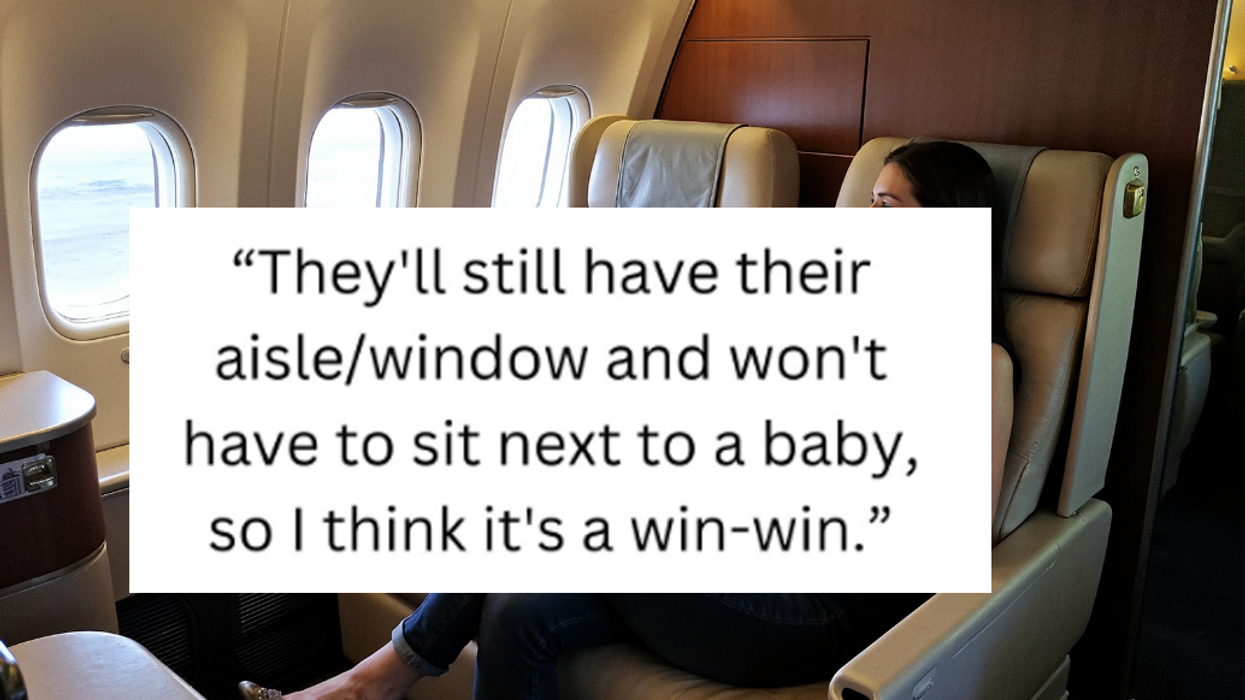
 Representative Image Source: Pexels | Oleksandr P
Representative Image Source: Pexels | Oleksandr P  Layout of the plane seatsImage Source: Mumsnet |
Layout of the plane seatsImage Source: Mumsnet | 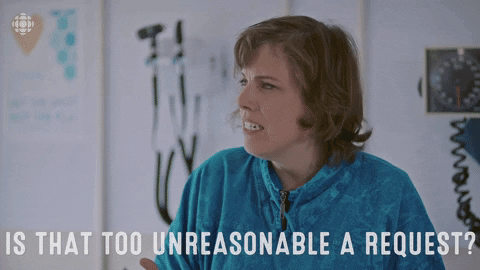



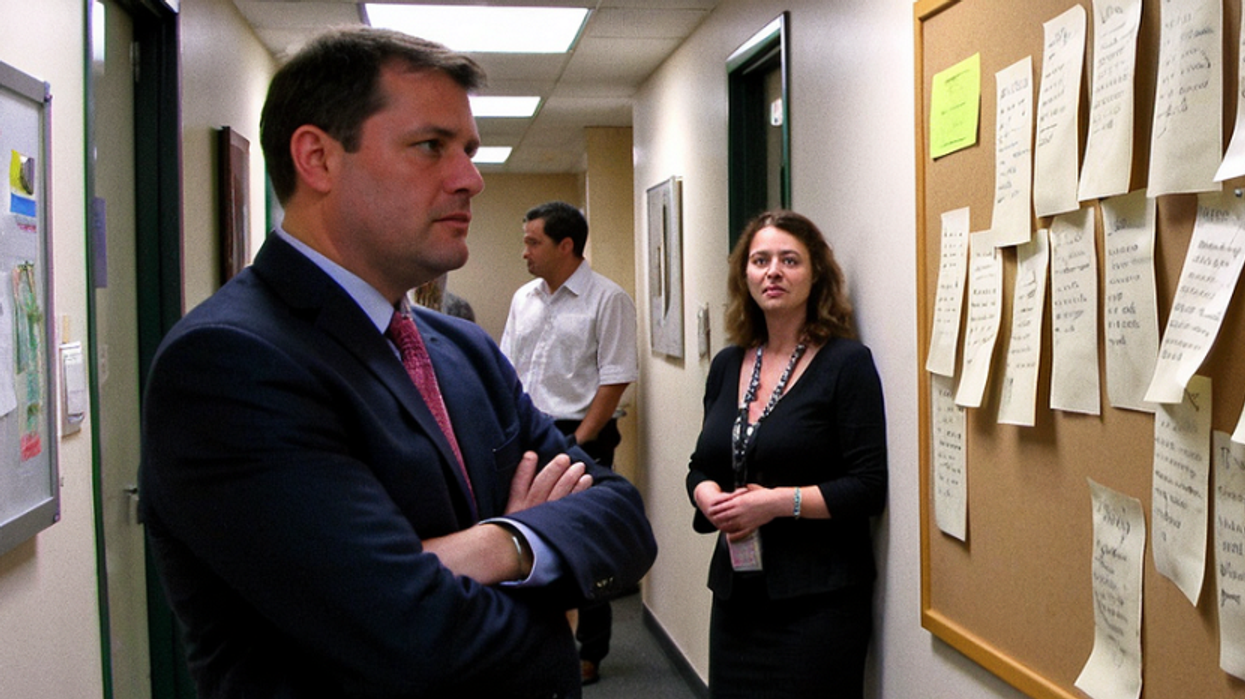
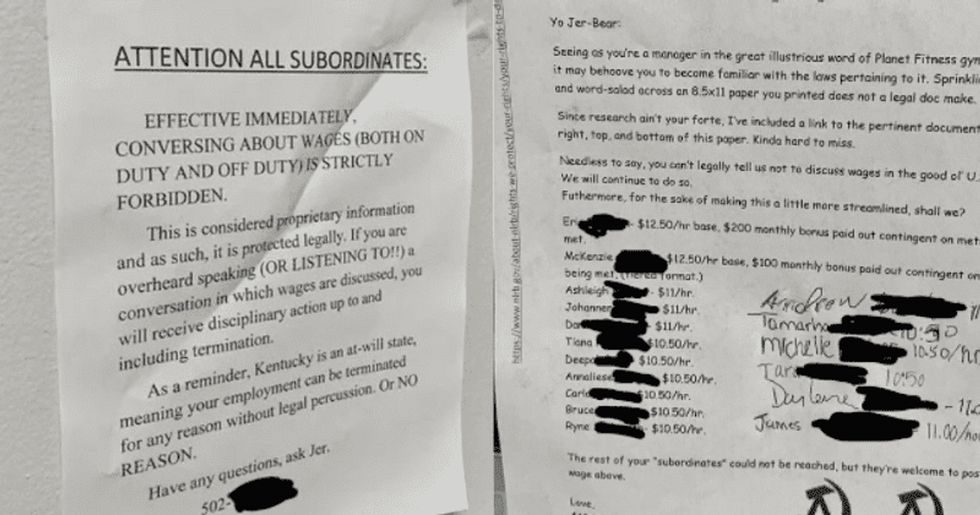 Image Source: Joshua Potash | Reddit
Image Source: Joshua Potash | Reddit 



 Representative photo by luis arias |
Representative photo by luis arias | 
 Representative photo by Jamie Lee |
Representative photo by Jamie Lee | 
